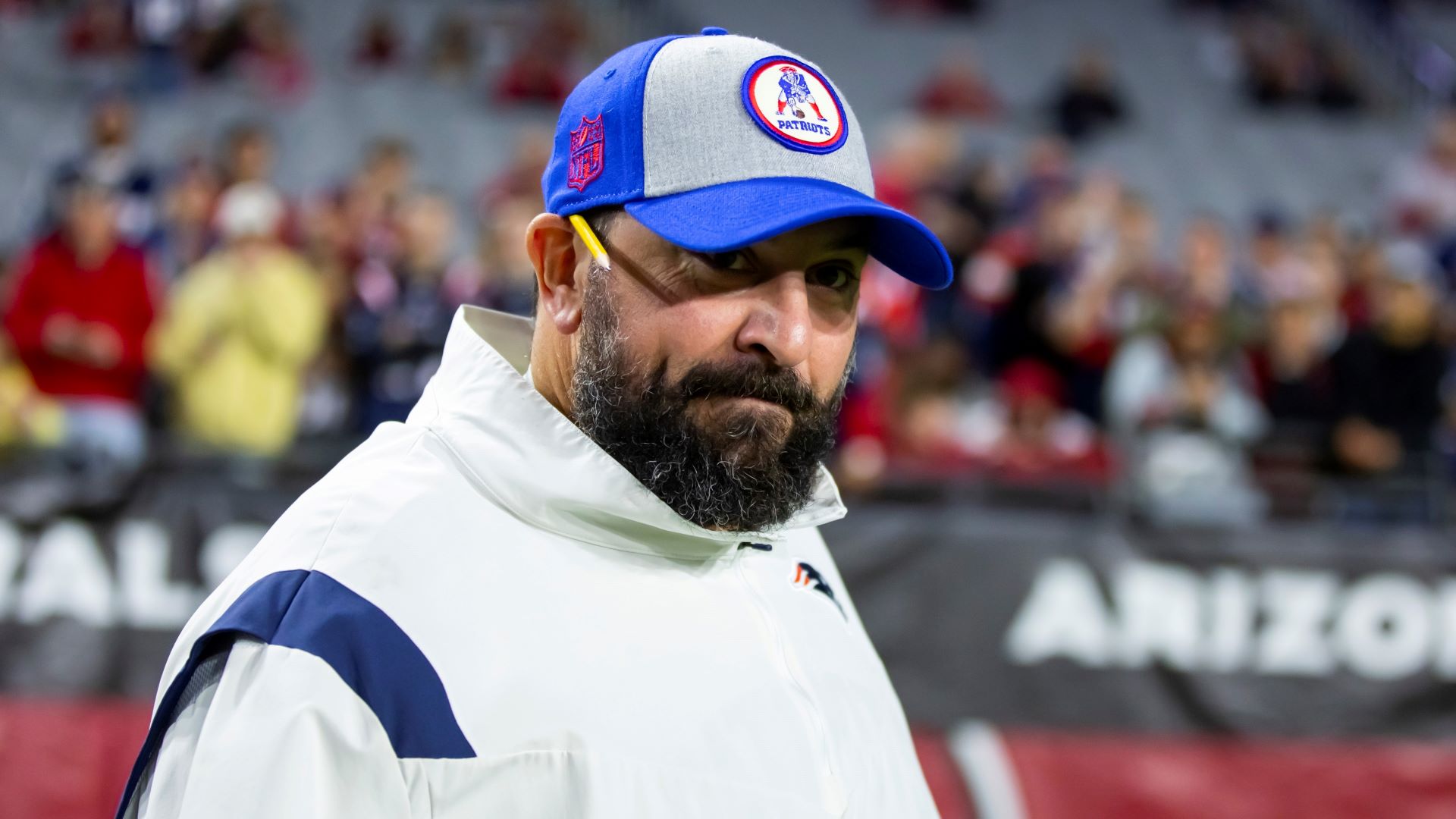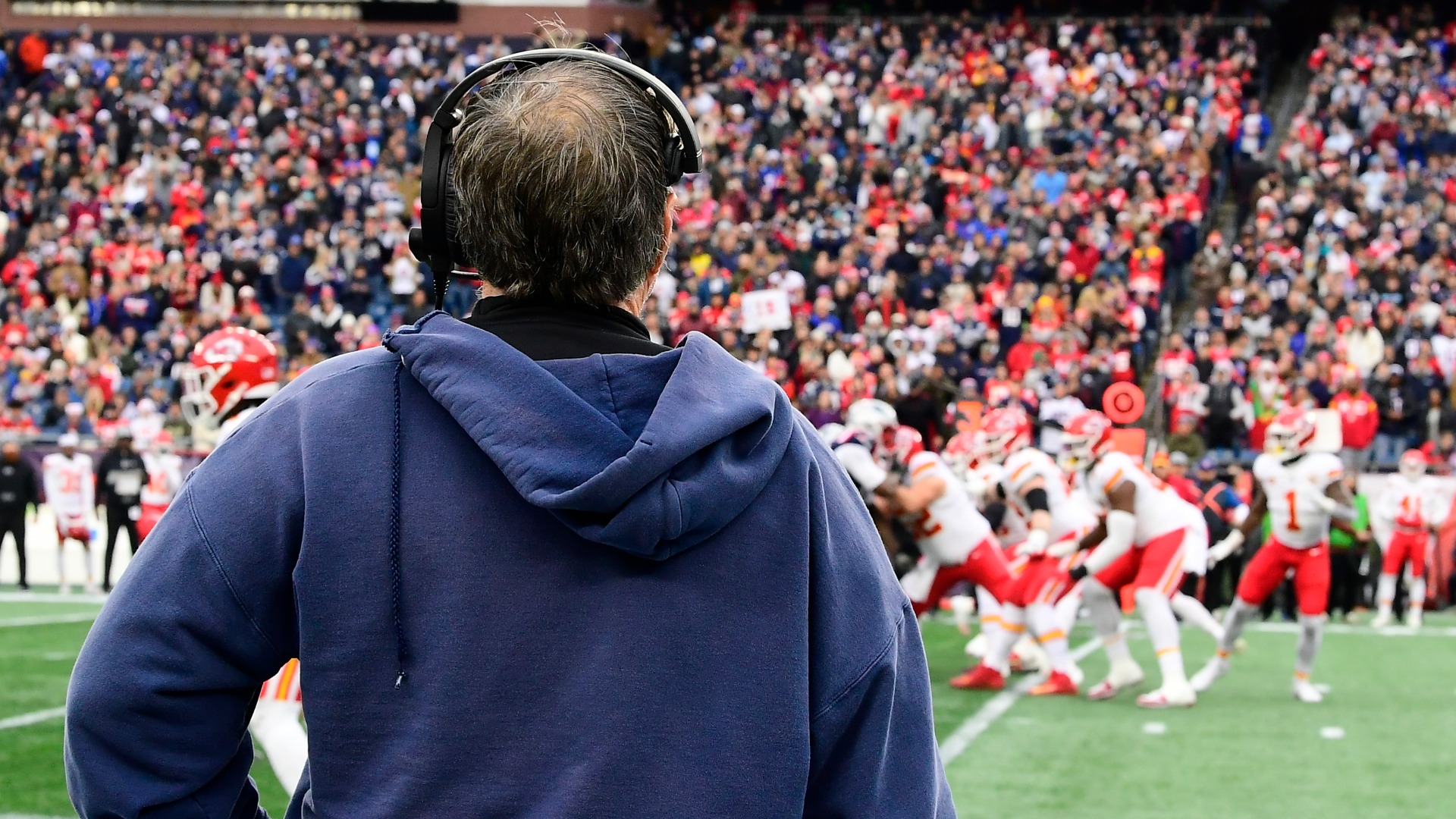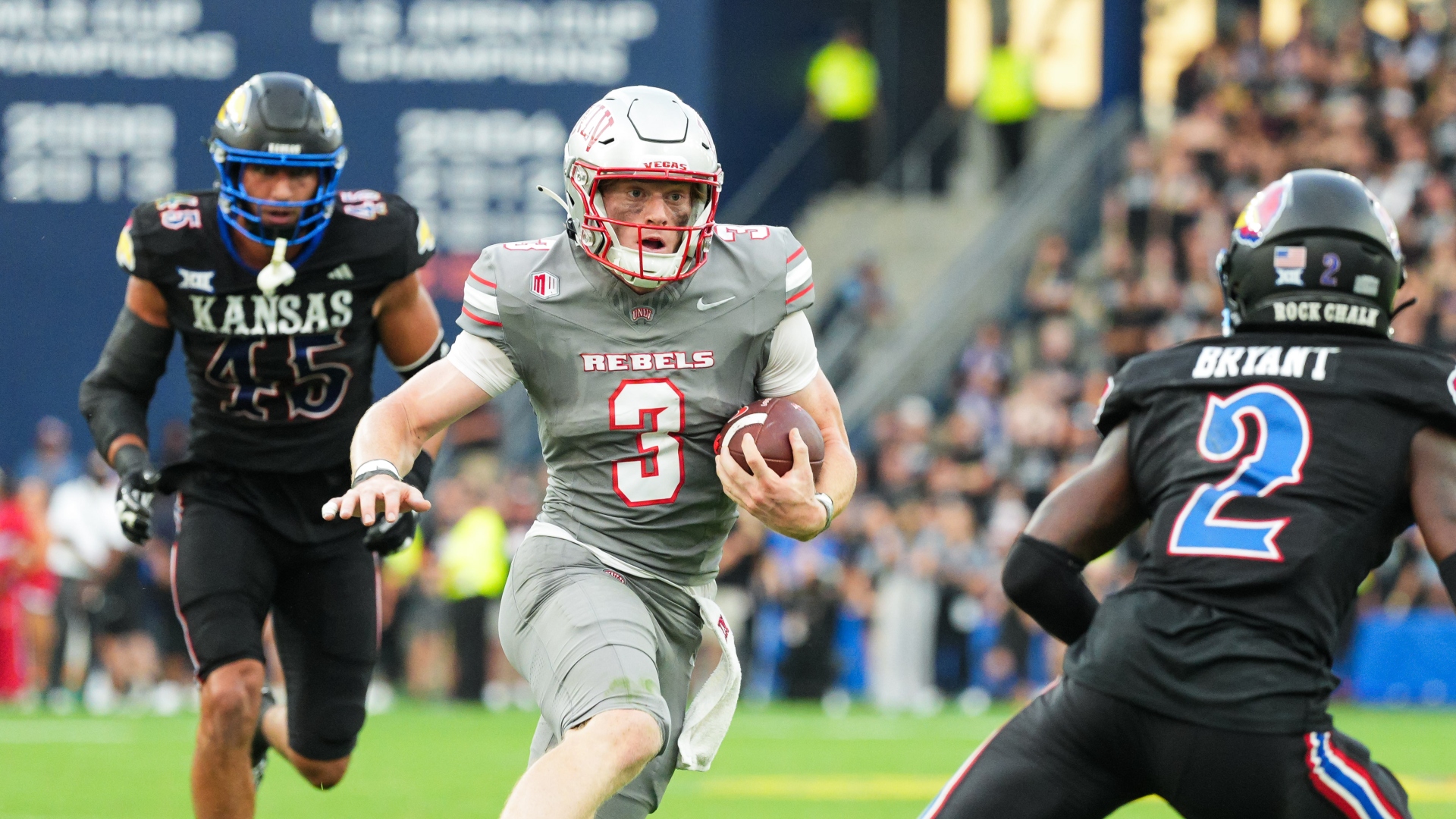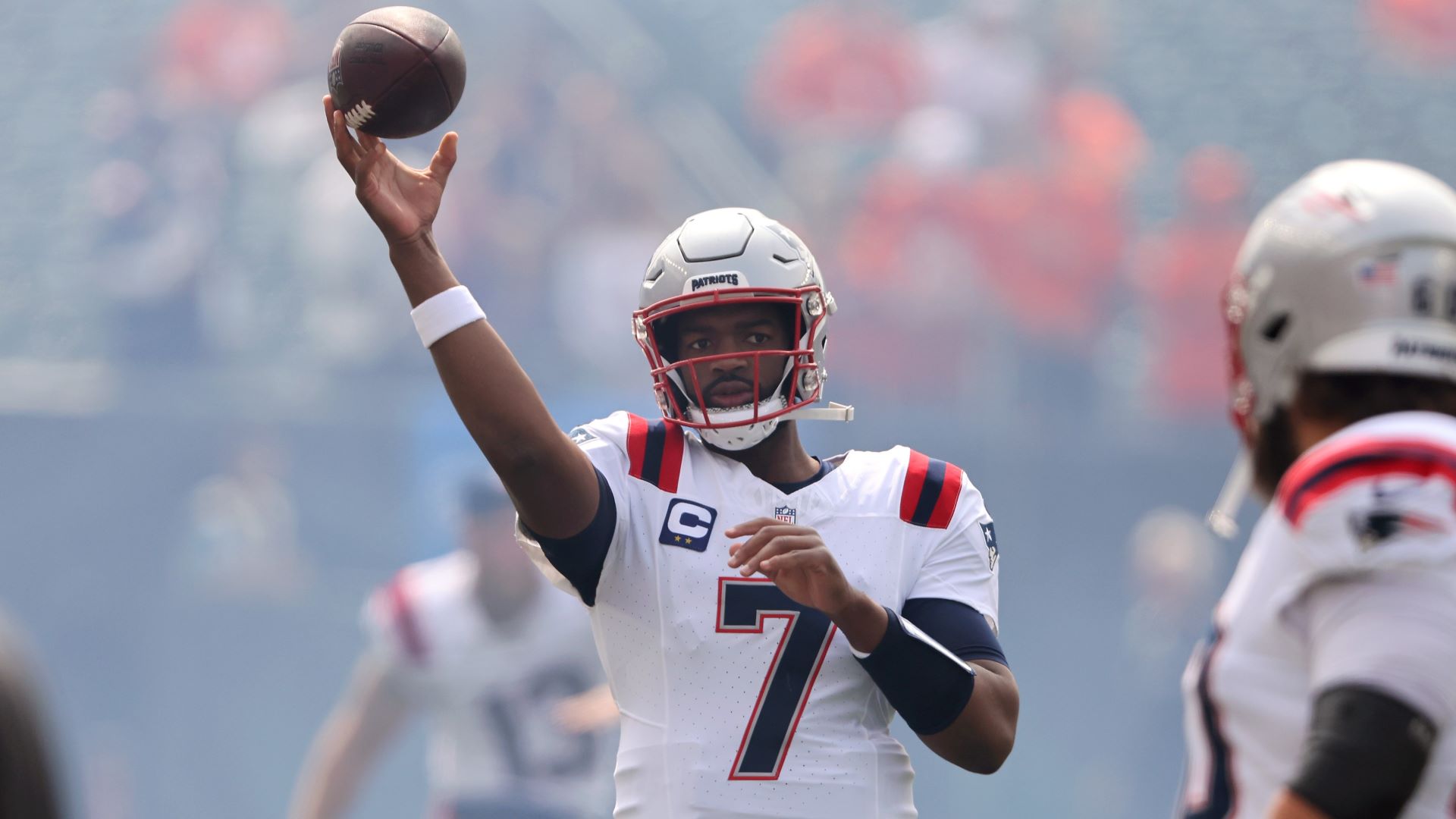Never in the NCAA's wildest dreams could they have imagined a scenario as horrifying the one that unfolded at Penn State.
It's for precisely that reason that, despite Jerry Sandusky's 45 counts of child sex abuse convictions and a preponderance of evidence that Joe Paterno and high-ranking university officials withheld information on his crimes, the NCAA cannot and should not punish the Nittany Lions football program — much less hand down the death penalty for which many are calling.
It seems absolutely ludicrous on the surface though, doesn't it? Ohio State football can face sanctions because some players traded memorabilia and cash for tattoos. Miami football can face sanctions because a wildly rogue booster gave impermissible benefits to numerous players. Southern Methodist football can get hit with the death penalty — so called because it bans the school from competing in a given sport for at least one year — because players were being paid from a booster-supplied slush fund.
And yet, Penn State football — a program that was overseen by men who supposedly shielded a child rapist and gave no thought to his victims — is untouchable by the NCAA. Or at least, it should be.
It is not untouchable because of the nature of its crimes. Those are so far beyond any scandal in the history of college sports as to not even be comparable. Rather, it is untouchable simply because the NCAA has nothing in place to deal with this.
The crimes committed by Sandusky and the cover-up seemingly perpetrated by Paterno, former president Graham Spanier, former vice president Gary Schultz and current athletic director — albeit on administrative leave — Tim Curley is so far beyond the purview of the NCAA bylaws that it's laughable. The NCAA — and by extension, its bylaws — exist to ensure, in essence, fair play among schools and that the ideals of amateur sports are upheld. There is nothing about harboring and protecting child rapists. The NCAA could not possibly have foreseen that there would ever be a situation like this, so they didn't write any bylaws to deal with it — and yet here we are.
The problem is that by sending a strongly worded letter to Penn State back in November, NCAA president Mark Emmert created what's essentially become a no-win scenario for his organization. Fail to come down overwhelmingly hard, and there's a massive public outcry. Come down overwhelmingly hard — and if they do manage to find a way to act, it has to be the death penalty — and they set a dangerous precedent.
This is because the NCAA is primarily trying to pin the violation as a "lack of institutional control." If they manage to do that, they will have successfully found a way within their bylaws to hammer Penn State with whatever sanctions they please. However, doing so is to stretch the definition of that phrase into effectively "we can get you on anything with this."
Anybody who tries to argue that this showed a lack of institutional control is warping the definition of that phrase into something completely untrue. In fact, this scandal is rather a prime example of too much institutional control. Paterno had everybody at that school wrapped around his finger. If you think Spanier was really in charge in Happy Valley, you need to check your premises. They would have jumped off a cliff if he told them to, and considering they ended up shielding a child molester from investigation, that cliched statement might not be too far off from the truth.
This was not so much a lack of institutional control as it was a lack of personal control. Paterno, Spanier, Schultz and Curley had the situation well within their control. They could have and absolutely should have turned Sandusky in, sacked him, banned him for life from the institution — anything to stop him from committing more atrocities. But no. They chose to protect themselves and the image they had built up as part of Paterno's fabled Grand Experiment. Isn't it funny how often those that go around bleating how moral they are turn out to sacrifice that morality in order to keep the facade of its existence propped up?
The smart thing for the NCAA to do in this case, now that they've essentially forced themselves to act, is to leave much of the punishment to the judicial system, where it belongs. In the meantime, they should attempt to do what they can without acting outside their jurisdiction. That would likely mean seeking whatever kind of sanctions it can actually bring down solely on the individuals that were actually involved in the cover-up, issuing an incredibly harsh public reprimand against the program — which admittedly will be more symbolic than anything, as it won't do much more than put the universal sentiments in official writing — and then immediately writing a new clause into the bylaws that will allow them to take appropriate action for, heaven forbid, similar cases in the future.
This, of course, also leaves the door open for Penn State to do as it wishes with the program. After all, the best thing may be for the group that comes down hardest to be themselves. There would likely not be much argument with the university if they decided it was in their best interests to shut down the football program in order to better assess its standing within the hierarchy of the institution — that is entirely within their power.
In any event, this is not so much a football scandal as it is a scandal enabled by the power that came with the program. This is a scandal more about the essence of what that athletic program was and its place at an institution of higher learning than it is Penn State's football program itself. Certainly, the program was corrupt — but it was that way because it was able to be worshipped and grow unchecked until it become the symbol of Penn State more so than the university itself. Absolute power corrupts absolutely, and when faced with the chance to walk the walk after talking the talk for so many years, Paterno and company turned their backs on those kids — inarguably the real victims in all this mess — in order to win a few more football games and maintain the public integrity of the program.
Too bad they destroyed whatever true integrity they actually had in doing so.



